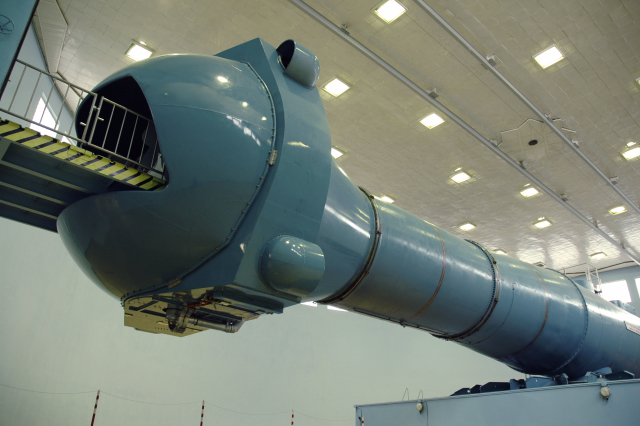The development also has a promising practical application in the field of healthcare, said Milena Koloteva, Head of the Laboratory of Acceleration and Artificial Gravity Physiology at the Institute of Biomedical Problems of the Russian Academy of SciencesMOSCOW, April 14.
/tass/. The creation of a short-range centrifuge for operation on board the Russian Orbital Station (ROS) will help astronauts maintain their health during a long stay in space at the pre-flight level. This was reported to TASS by Milena Koloteva, a leading researcher, head of the Laboratory of Acceleration and Artificial Gravity Physiology at the Institute of Biomedical Problems of the Russian Academy of Sciences.
"Long-term flights, and even more so interplanetary ones, should be supplemented with some kind of preventive measure that radically solves problems that are not being solved today. We are talking about the changes that occur in the body of astronauts in conditions of prolonged stay in weightlessness. To date, there is a good prevention system, thanks to which our astronauts fly for six months or even a little more than a year, we have such experience. But a short-range centrifuge is a preventive measure that should have been there yesterday," she stressed.
According to the expert, one cosmonaut will be able to recover at a time using an on-board centrifuge. "The experimental results confirm that two patients cannot be on the centrifuge at the same time. Because such a preventive measure is very closely related to the anthropometric parameters and features of the physiological systems of each person, and it will not work to pick up two identical people at the same time so that they are on this centrifuge. In addition, the nature of physiological reactions in response to this effect will be different for all astronauts. Now we can say for sure that if there are 10 people in the crew of the ROS, then all 10 cosmonauts will have different rotation protocols," Koloteva noted.
According to the research results, prolonged stay in weightlessness leads to detrenirovannosti of the body, as well as to a decrease in its efficiency and functionality. The short-range centrifuge is designed to create artificial gravity on board the ROS to prevent the negative impact of weightlessness on the body of astronauts.
Koloteva also said that the short-range centrifuge has a very promising practical application in the field of healthcare. "This is a completely unique technique that allows you to very effectively treat a fairly large range of diseases associated with injuries of the lower extremities, complicated injuries, poorly healing, requiring a long period of rehabilitation. The centrifuge is also able to help fight a whole range of diseases associated with trophic disorders of the lower extremities - these can be neurological diseases, complications of diabetes mellitus, hypertension. The development of these areas using this installation would be very interesting for our country," she summed up.

